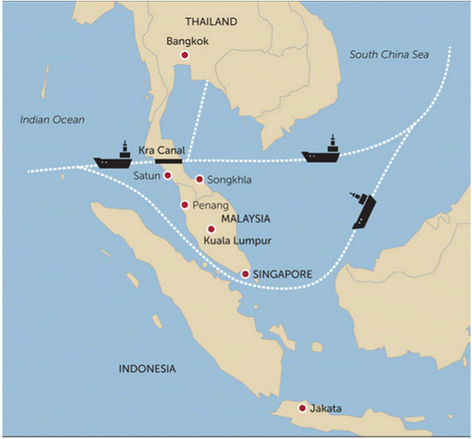IN a world where quality education is a top priority for many discerning individuals, Bayes Business School stands out as a leading global business school that is driven by world-class education methods and vibrant community.
Formerly known as Cass Business School, Bayes has been at the leading edge of business education for over 50 years and is the business school of the highly-regarded City, University of London, a public research university located in the heart of one of the world’s top financial centres.
“Bayes champions the spirit of purposeful enquiry, aiming to cultivate a sense of curiosity rooted in knowledge and practice,” Bayes Business School dean Professor Paolo Volpin told FocusM.
“This is built on the belief that the best leaders are always open to new information when making decisions, and they update their views and act with determination when discovering new insights.”
Bayes Business School is among the global elite of business schools that hold the gold standard of ‘triple crown’ accreditation from AACSB, AMBA and EQUIS.
The most recent Financial Times European business school rankings placed Bayes 3rd best in London, 6th best in the UK and 25th best in Europe.
The Financial Times’ Global MBA rankings rated Bayes as the best MBA programme in London in terms of value for money, while the MSc in Management was recently named as the best in London for career and salary progression.
Destination of choice for educational needs
As quality education remains at the forefront for governments and people across the Southeast Asian region, the market (including Malaysia) is crucial for the business school, said Prof Volpin.
“Bayes has more than 3,200 Malaysian or Malaysia-based members in its alumni community, and this number is constantly growing,” he added.

“We are glad to see members of our alumni taking on important roles in the Malaysian economy today and we are confident that this will inspire more Malaysians to explore Bayes Business School as the destination of choice for their education needs.”
Prominent Malaysian alumni include founder of the Asian Women Circle (AWC) Abir Abdul Rahim (MSc Actuarial Management, 2012), politician Mah Siew Keong (MBA, 1983) and Sharifah Syed Zubir (Postgraduate Diploma in Arts Policy, 1987) who is domestically known as the ‘First Lady of abstract art’.
Tapping into the Malaysian and Southeast Asian education market
By embracing a Diversity, Equity and Inclusion strategy, the Bayes Business School is positioned as a truly global and progressive institution of higher learning.
“Malaysia consistently ranks in the top 10 recruiting countries for the school’s MSc programmes and features highly for undergraduate recruitment too, particularly for Actuarial Science courses,” Prof Volpin elaborated.
“We use dedicated digital marketing channels for communication with the Malaysian market, including active social media reach.
“Bayes also runs a series of regional alumni events throughout the year to share successes and maintain high levels of engagement.”
As for the education trends in the ‘new normal’ amid the COVID-19 pandemic, Prof Volpin explained that the school is cognisant of the growing need to deploy seamless communications technologies in the educational experience.
This is in addition to paying close attention to the health and wellbeing of the students in relation to the pandemic.
Name change an important first step
City University of London’s decision to rename its business school after the 18th-century non-conformist theologian and mathematician Thomas Bayes came after ditching the name of Sir John Cass, a merchant who made much of his fortune from the slave trade.
The university stripped the Cass name from its campus in June 2020 after students raised concerns in the wake of the Black Lives Matter protests.
“The name of an institution honours the namesake. The school decided that it did not want to honour someone who profited from the business of slavery,” Prof Volpin remarked.
“It is important for a global business school to be aware of who we celebrate and hold up as examples.
“Some have questioned this decision and asked whether it is right to judge past actions with today’s moral standards.
“Our answer to that question is simple: It depends on whose perspective you take. We have chosen to take the perspective of the oppressed, not the oppressor.”
Of course, the name change is only an important first step and the school has substantially increased its focus on diversity, equity and inclusion.
Alongside its new name, Prof Volpin explained that Bayes Business School is addressing inequality and participation more widely, and one of the measures it has undertaken is to offer a number of scholarships to support students from under-represented groups.
“The school is also changing how and what it teaches. Over 2,000 new students are undertaking inclusive team working workshops as part of their induction this year.
“A complete curriculum review is also underway to embed ethical and socially responsible values throughout to ensure that Bayes educates professionals and business leaders who work towards building an equitable and sustainable future,” Prof Volpin concluded. – Oct 20, 2021










